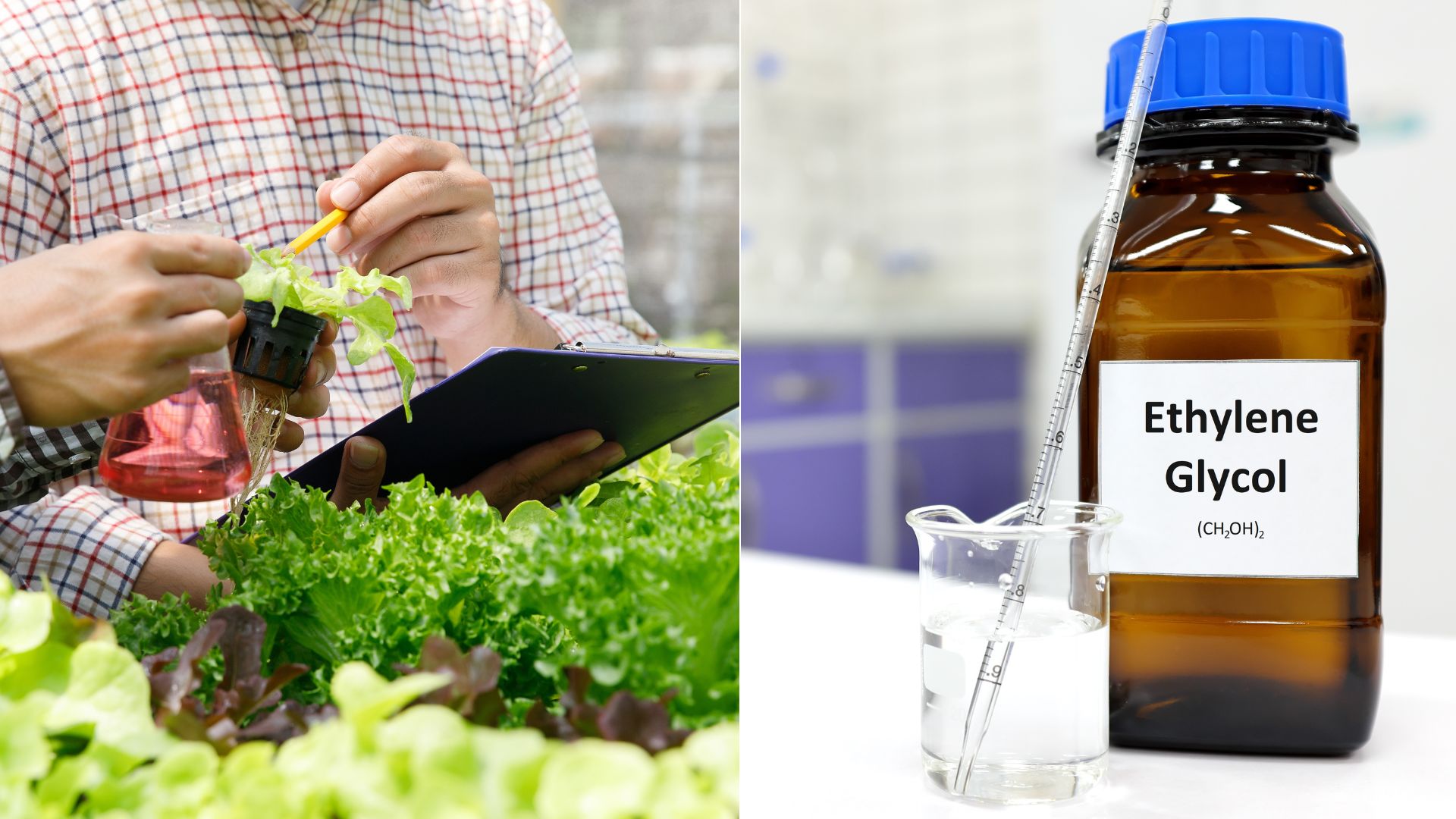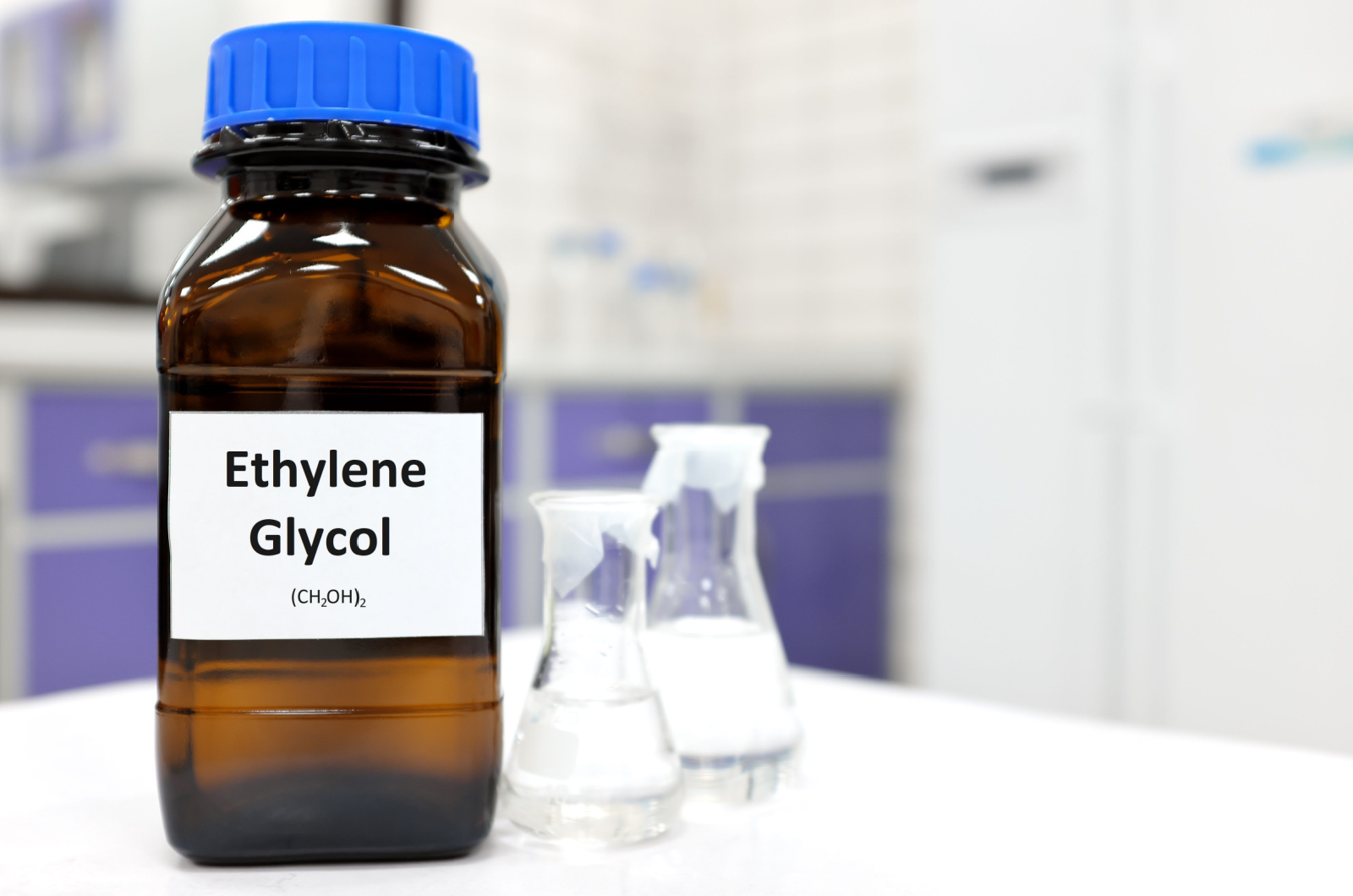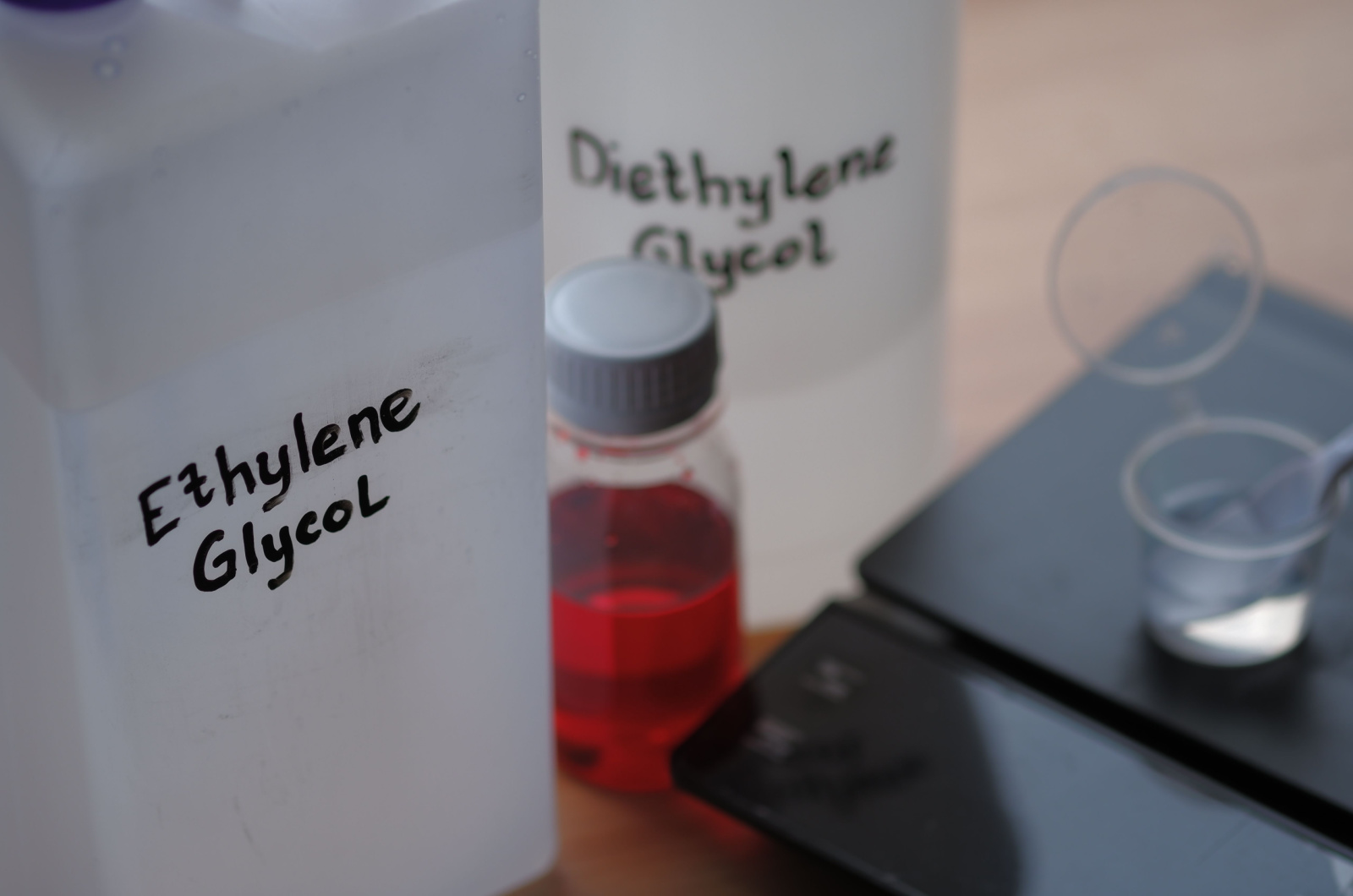Every farmer’s goal is to get a higher yield and the healthiest crops possible. But there are so many things that can get in their way and affect the yield. This encouraged them to look for new ways to boost their plants’ size and make them stronger and more resistant.
Researchers have offered a solution: to prime plants with the hormone ethylene to get bigger and more stress-resistant crops. It’s actually a growth hormone used to artificially encourage ripening in plants.
In this article, I’ll tell you more about the studies on this matter in the past, the newest discoveries, and plans for the future.
Let’s get started!
Research In The Past
Thoughts have changed on priming plants with ethylene (1). Researchers knew at the time that this hormone has many benefits for plants but their studies proved the opposite.
After the hormone was applied to seeds, there wasn’t any development regarding growth. What’s surprising is that the plants suffered from stunted growth.
According to Brad Binder, professor of biochemistry & cellular and molecular biology at the University of Tennessee Knoxville, the conducted studies had one major failing: the seeds were exposed to light.
New Studies
Professor Binder and his colleagues worked on the newest PNAS Nexus research (2) and discovered that light plays a crucial role in this process.
They applied the hormone and the seeds weren’t exposed to light at all. The more light they introduced, the lower the concentration of ethylene hormone they used.
The difference was evident. The seeds of cucumbers, wheat, tomatoes, and thale cress developed into healthy plants with more and longer roots. Additionally, they became taller and weighed more than plants that were not treated with ethylene.
In the case of tomatoes, the biggest difference was in the height of the plant and the number of leaves it produced. The leaves of cucumber seedlings were developing at a significantly faster rate. Finally, wheat seedlings displayed root growth at a very high speed.
Interestingly, professor Brinden and his colleagues still don’t know why ethylene worked better in darkness and he stated that “…this is the focus of our research now.”
Thale cress tissue was further examined and the results showed that the glucose and sucrose increased by 266%, 446%, and 87%, which indicates increased photosynthesis productivity.
Studies of the genes and metabolic processes revealed that the hormone application resulted in increased activity related to cell division and photosynthesis.
Even though the growth rate was significantly increased, there wasn’t a reduction in plants’ ability to cope with stress.
They exposed the seedlings to a temperature of 109 degrees Fahrenheit, raised the concentration of salts in the soil, and limited oxygen supply. Believe it or not, almost all thale cress seedlings survived and showed excellent resistance to high temperatures and salinity.
On the other hand, those plants that didn’t get ethylene treatment became bleached and died off.
Future Plans
Studies have shown that plants treated with the ethylene hormone will develop way better and be more resistant as they break through the soil surface.
Therefore, researchers believe that the findings opened the door for manipulating plant growth in specific conditions, i.e. where the light levels can be controlled.
According to professor Binder, this method could be used in greenhouses. A grower could apply hormones to germinating plants where there isn’t any sun exposure. Once the germination process is completed, they should continue growing their plants in normal conditions.
The result of such a method would be healthier plants that show better resistance to stress.
Their next goal is to study the behavior of fruiting plants after priming them with the ethylene hormone.
We hope that the findings will be similar to those in crops so that fruit producers can also benefit from this hormone.
References
1. Iqbal N, Khan NA, Ferrante A, Trivellini A, Francini A and Khan MIR (2017) Ethylene Role in Plant Growth, Development and Senescence: Interaction with Other Phytohormones. Front. Plant Sci.
2. Brenya, E., Dutta, E., Herron, B., Walden, L. H., Roberts, D. M., & Binder, B. M. (2023). Ethylene-mediated metabolic priming increases photosynthesis and metabolism to enhance plant growth and stress tolerance. PNAS nexus, 2(7), pgad216
Meta: Read here how priming plants with ethylene produces bigger and more stress-resistant crops and see the plans for employing this technique in the future.



